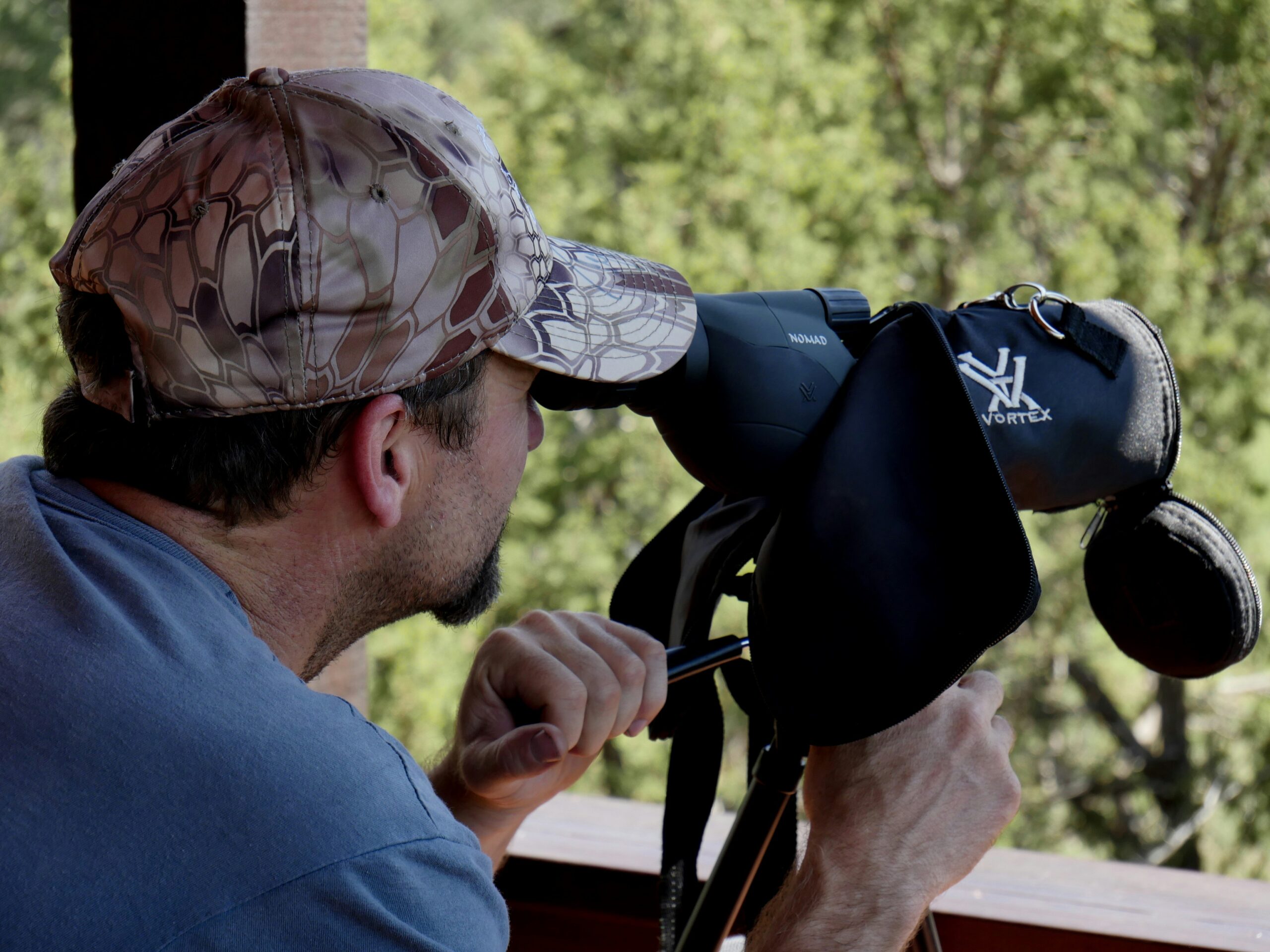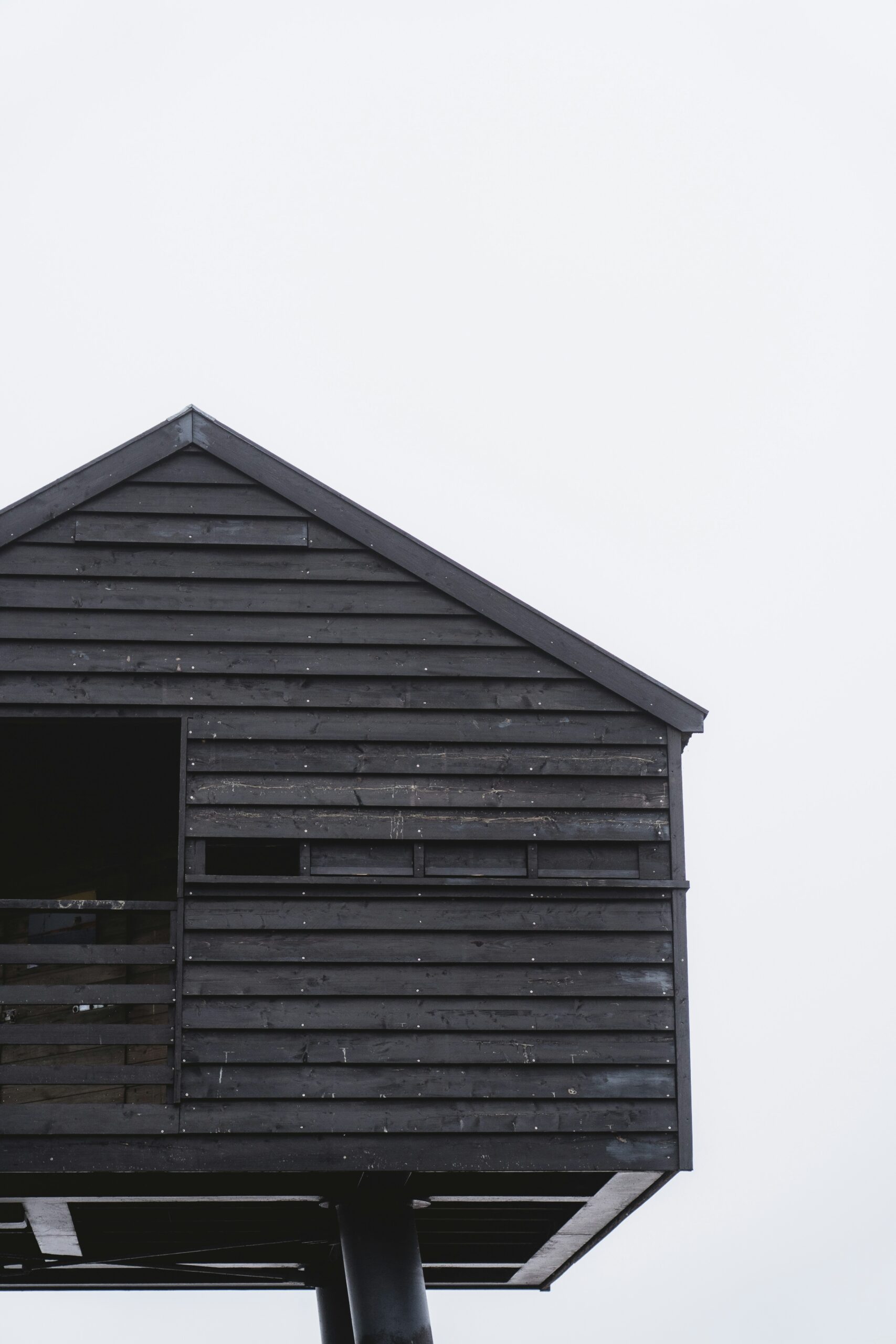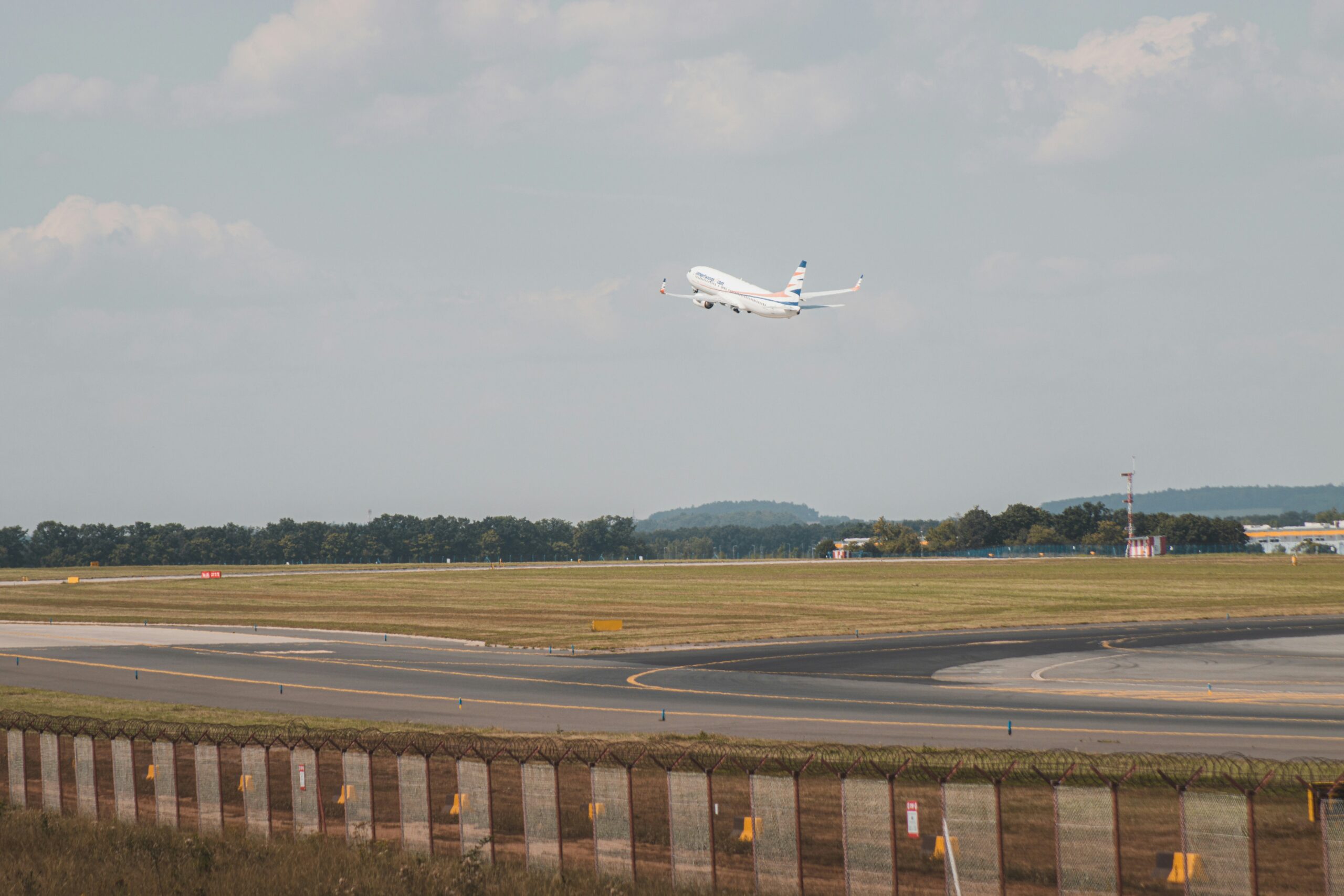Have you ever found yourself wondering whether spotting scopes provide better focus adjustment compared to binoculars? Whether you’re an avid bird watcher, a seasoned hunter, or just someone who loves exploring the great outdoors, this question might have popped into your mind at some point. Let’s embark on an informative journey to dissect this topic and uncover what sets spotting scopes apart from binoculars when it comes to focus adjustment.
Understanding Spotting Scopes and Binoculars
To truly appreciate how spotting scopes and binoculars differ in focus adjustment, it’s important to first understand what each tool offers. Though they may seem similar at first glance, they serve different uses and cater to various requirements.
What Are Spotting Scopes?
Spotting scopes are optical instruments designed primarily for observing distant objects. They offer magnification levels higher than most binoculars, making them handy for birdwatching, hunting, and astronomical viewing. Spotting scopes often have a single eyepiece and require a tripod to be used effectively due to their higher magnification and resultant shakiness.
Features of Spotting Scopes
Spotting scopes come equipped with several features that enhance their utility and focus adjustment capabilities:
-
Variable Zoom: These scopes often have a variable lens allowing users to zoom in and out on objects of interest. This is particularly useful when trying to zero in and focus on details at different distances.
-
Angled or Straight Body: Spotting scopes are available in angled or straight body designs, which can influence comfort and ease of use depending on the scenario.
-
Objective Lens Size: Generally larger than those in binoculars, the objective lens in spotting scopes gathers more light, which can be advantageous for clarity and focus in low-light conditions.
What Are Binoculars?
Binoculars are handheld optical devices with dual eyepieces, allowing for stereoscopic vision and a wider field of view. They’re commonly used for activities like hiking, birdwatching, and sports events due to their portability and ease of use.
Features of Binoculars
Binoculars are typically known for the following characteristics:
-
Portability: Lightweight and compact, binoculars are often favored for their convenience in transporting easily.
-
Wide Field of View: Offering a broad view, binoculars are ideal for quickly scanning an area or tracking moving objects.
-
Ease of Use: With no need for tripods and quick focus adjustment, binoculars are user-friendly and suitable for casual observation.

Examining Focus Adjustment in Spotting Scopes and Binoculars
Now that we’re familiar with the primary characteristics of each device, let’s explore how they compare in terms of focus adjustment capabilities.
Focus Adjustment Mechanisms
Both spotting scopes and binoculars have focusing mechanisms, but they differ significantly:
-
Spotting Scopes: Usually feature a knob or dial for precise focus adjustment. This setup allows for meticulous calibration and sharp focus on specific details at long distances. Images can be finely tuned, even at maximum zoom.
-
Binoculars: Often have a central focusing wheel and occasionally diopter adjustments to account for variations between the user’s eyes. While these allow for relatively swift focusing, they might not provide the same degree of precision as spotting scopes in distant observations.
Precision in Focus Adjustment
When it comes to precision, spotting scopes typically offer a higher degree of focus accuracy:
-
The ability to zoom and adjust focus with great precision makes spotting scopes ideal for activities that require detailed observation, such as birdwatching or stargazing.
-
On the other hand, while binoculars provide quick access to focus adjustments, their design favors general viewing rather than fine-tuning at long ranges.
Factors Influencing Focus Adjustment
Several factors make spotting scopes more conducive to better focus adjustments when compared to binoculars:
Magnification Power
Higher magnification in spotting scopes allows for intricate viewing but demands precise focusing to prevent image blurring. In contrast, binoculars generally have lower magnification and offer a broader field of view, which reduces the need for precision focusing.
Objective Lens Size
Larger objective lenses in spotting scopes capture more light, enhancing image quality and focus clarity, especially in dim conditions. Binoculars, with smaller lenses, might struggle in similar scenarios to achieve the crisp focus provided by spotting scopes.
Environmental Conditions
Spotting scopes, with their ability to mount on tripods and larger lenses, often handle adverse weather or lighting better, maintaining focus when binoculars might fall short.

Practical Considerations for Choosing Between Spotting Scopes and Binoculars
Given the differences in focus adjustment capabilities, when should you choose one over the other? Let’s delve into some practical considerations that can guide your decision-making process.
Use Case and Activities
Identify your primary activity. Do you need detailed, long-distance observation or a quick, broad view?
-
Spotting Scopes: Preferable for activities demanding reference precision at longer distances or under varying weather conditions, such as hunting or distant birdwatching.
-
Binoculars: Suitable for activities where ease, portability, and rapid focus adjustments are vital, like sports events or short-distance hiking excursions.
Portability and Convenience
Evaluate how and where you plan to use these optical tools. If you foresee needing a compact option for travel:
-
Spotting Scopes: While powerful, they’re less portable and require setup time due to their need for tripods and greater weight.
-
Binoculars: Win in terms of portability and quick deployment, making them ideal for impromptu observing trips or confined spaces.
Budget Considerations
Finally, budget can greatly influence your choice.
-
Spotting Scopes: Typically more expensive due to their complex optics and features. However, for avid users requiring clarity and precision, the investment can be worthwhile.
-
Binoculars: Usually more affordable and easy to choose from a range-less complex optical features, making them more budget-friendly for general users.

Conclusion
So, do spotting scopes allow for better focus adjustment compared to binoculars? In terms of precision, magnification, and environmental adaptability, spotting scopes often outperform binoculars, especially for activities that require meticulous attention to detail over long distances. Nonetheless, binoculars have their advantages in terms of ease, portability, and cost.
Your choice ultimately depends on your unique needs and priorities. Consider the specific activities you participate in, the typical environments you encounter, and the level of detail you desire in your observations. With this understanding, you can confidently select the optical device that best suits your adventures. Happy viewing, and may your observations be ever more enlightening!
